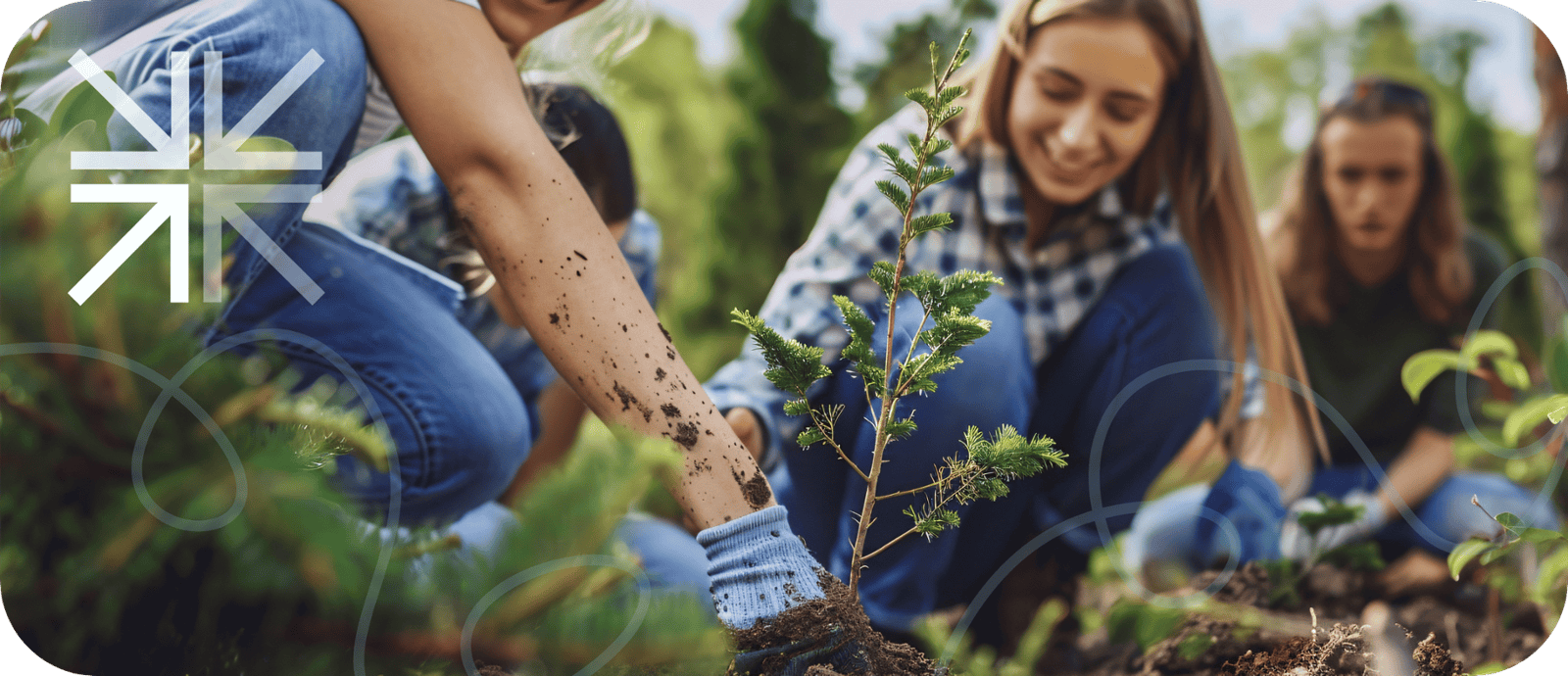
Imagine a Garden.
You’re the gardener, and your social connections are the seeds you plant. Some grow into sturdy trees, offering shade and shelter. Others bloom into vibrant flowers, bringing color and joy. Every relationship you nurture adds to the beauty and diversity of your garden, making it a space where you can find peace, strength, and resilience.
What Makes a Support System?
Your support system is like the soil that nourishes your garden. It’s made up of various layers, each providing essential nutrients for your growth:
- Emotional Support (The Rich Topsoil):
The closest layer, this is where you find the people who truly understand you—those who listen, empathize, and offer comfort during tough times. They’re the ones you turn to when you need to talk or when life gets overwhelming. - Practical Support (The Roots):
This is the foundation that keeps everything grounded. It includes those who help with everyday tasks—whether it’s a colleague who covers for you at work, a neighbor who waters your plants, or a friend who helps you move. - Informational Support (The Water):
Just as water is essential for a plant’s survival, informational support nourishes you with advice, knowledge, and guidance. This could come from a mentor, a teacher, or even an online community offering insights and wisdom.
The Creative Canvas of Connection
Now, let’s get creative. Your support system doesn’t have to be confined to traditional roles or relationships. Here’s how you can paint outside the lines:

- Micro-Moments of Connection: Sometimes, it’s the small, unexpected moments that create the deepest connections. A smile from a stranger, a quick chat with the barista, or a compliment from a colleague—all of these micro-moments add color to your day and can lift your spirits in ways you might not expect.
- Virtual Villages: The digital age has expanded the ways we connect. Online communities, social media groups, and virtual meetups are like wildflowers—they can pop up anywhere and thrive even in unlikely places. These connections may be distant in miles, but they can be close at heart, providing support and a sense of belonging.
- Acts of Kindness: Think of kindness as the sunlight in your garden. It warms, energizes, and encourages growth. Acts of kindness, whether given or received, create ripples of positivity. Helping someone else can reinforce your own support system, as kindness often fosters rapport.
- Shared Experiences: Experiences shared with others—whether a hike, a meal, or even a challenge—act like fertilizer, enriching the bonds you share. These moments become stories that tie you together, strengthening your relationships and making your garden flourish.
Tending to Your Social Garden
Every garden requires care and attention. Here are some creative ways to ensure your social support system stays healthy and vibrant:
- Cultivate New Connections:
Like planting new seeds, be open to meeting new people. Attend events, join clubs, or simply strike up a conversation. Every new connection has the potential to grow into something meaningful. - Prune When Necessary:
Not every relationship is meant to last forever. Just as you prune a plant to encourage growth, it’s important to recognize when certain relationships no longer serve you. Letting go can create space for new, healthier connections. - Rotate Your Crops:
Diversify your social interactions. Engage with different groups of people for various aspects of support. Just as rotating crops in a garden maintains soil health, interacting with a variety of people enriches your life and prevents burnout. - Water Regularly:
Keep in touch with your network, even if it’s just a quick message or a call. Regular communication is like watering your plants—it keeps relationships strong and flourishing.
As you tend to your social garden, remember that it’s not just about personal growth; it’s about collective wellbeing. When we nurture our connections, we contribute to a community that supports each other.
Want to learn more? Check out the links below for more helpful resources!

Social Wellness
Social wellness is all about our ability to form and maintain meaningful relationships, communicate effectively, and foster a sense of belonging within our communities.

The Need for Social Connection
Social interaction and connection are good for you – and benefits us both physically and mentally. In fact, studies show that people with strong social relationships are 50% more likely to live longer and that those who participate in leisure activities.
